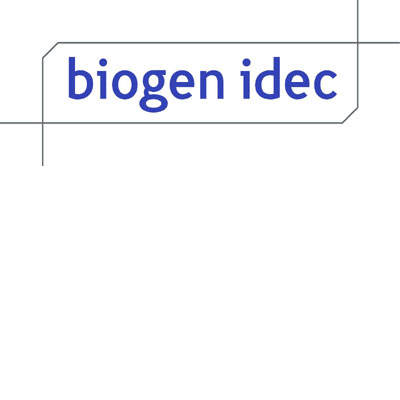CHMP determines Dimethyl Fumarate in TECFIDERA® to be a new active substance in the European Union
Posted: 22 November 2013 | | No comments yet
This designation will provide 10 years of regulatory exclusivity for TECFIDERA in the European Union…


Today Biogen Idec (NASDAQ: BIIB) reported that the Committee for Medicinal Products for Human Use (CHMP) of the European Medicines Agency (EMA) has determined that dimethyl fumarate in TECFIDERA qualifies as a new active substance (NAS). This designation will provide 10 years of regulatory exclusivity for TECFIDERA in the European Union (EU).
The NAS determination follows a positive opinion by the CHMP in March 2013 recommending marketing authorization in the EU for TECFIDERA as a first-line oral treatment for adults with relapsing-remitting multiple sclerosis (RRMS). The CHMP’s determination will now be referred to the European Commission (EC), which grants marketing authorization for medicines in the EU.
“We are heartened by the CHMP’s NAS determination, which brings us closer to our goal of providing this important new treatment to multiple sclerosis (MS) patients in Europe. We are ready to introduce TECFIDERA in EU countries shortly after anticipated approval,” said Douglas Williams, Ph.D., executive vice president of Research and Development at Biogen Idec. “This designation validates the tremendous investment we have made in TECFIDERA and enables us to invest in future research focused on reversing the course of MS and hopefully one day finding a cure for patients.”
If approved, TECFIDERA will mark the fourth therapy that Biogen Idec offers to people living with MS in the European Union.
About TECFIDERA®
TECFIDERA is an oral therapy for relapsing forms of MS, including RRMS, the most common form of MS. TECFIDERA is currently approved in the United States, Canada and Australia, and is under review by regulatory authorities in the European Union.
TECFIDERA has been proven to reduce MS relapses, progression of disability and MS brain lesions, while demonstrating a favorable safety and tolerability profile. In clinical trials, the most common adverse events associated with TECFIDERA were flushing and GI events. Other side effects included a decrease in mean lymphocyte counts during the first year of treatment, which then remained stable. The efficacy and safety of TECFIDERA has been studied in a large, global clinical program, which includes an ongoing long-term extension study.
It is believed that TECFIDERA provides a new approach to treating MS by activating the Nrf2 pathway, although its exact mechanism of action is unknown. This pathway provides a way for cells in the body to defend themselves against inflammation and oxidative stress caused by conditions like MS.




